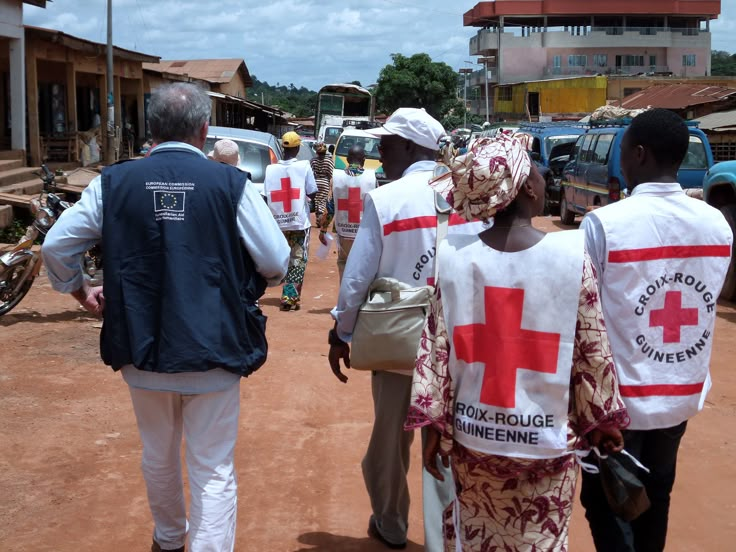

A preventable disease is claiming lives — here’s how you can protect yourself and your community.
On June 5, 2025, the Ministry of Health in Ivory Coast officially declared a cholera outbreak in the Abidjan district, with at least 45 confirmed cases and 7 deaths reported so far. Health officials say the actual number may be higher due to underreporting and limited access to clean water in certain communities.
Cholera is a waterborne disease that spreads rapidly in areas with poor sanitation and limited access to clean drinking water. Although highly preventable and treatable, it remains a serious threat in many African nations during the rainy season, especially in urban slums and refugee settlements.
The World Health Organization calls cholera a disease of poverty, as it thrives where there is poor sanitation and a lack of clean water. Africa has had eight times as many deaths this year as the Middle East, the second-most affected region.
This blog post will break down everything you need to know about the outbreak in Ivory Coast, explain why it matters, and show you what you can do to protect yourself and others—whether you live in West Africa or care about the continent’s health.
Cholera is a bacterial infection caused by Vibrio cholerae. It affects the small intestine and can cause severe diarrhea, vomiting, and dehydration. Without treatment, it can lead to death in a matter of hours.
As of the first week of June 2025, Ivory Coast’s health authorities confirmed the cholera outbreak centered in Abidjan. The majority of cases were reported in low-income neighborhoods where residents rely on informal water sources, including street vendors selling water in plastic sachets—often unregulated and untreated.
Healthcare workers are racing to isolate cases, distribute clean water, and launch public awareness campaigns. However, heavy rains, poor infrastructure, and a limited vaccine supply are making response efforts difficult.
This outbreak is more than just a public health crisis—it’s a reflection of deeper systemic issues:
Cholera is often preventable, yet it remains deadly. Understanding its root causes helps us respond better—not just now, but in the future.
Cholera symptoms can appear quickly, often within 24–48 hours after exposure. Watch for:
Severe dehydration is the real danger—it can kill within hours without treatment.
Cholera spreads primarily through contaminated water or food. Here’s how infection happens:
In crisis zones or overcrowded areas, the spread is rapid and often hard to contain.
The best way to fight cholera is through prevention. Here’s how you can protect yourself and your community:
But more help is needed. Limited vaccine availability and weak infrastructure continue to slow the response.
Even if you’re not in Ivory Coast, there’s plenty you can do:
Cholera doesn’t discriminate—but its impact hits hardest where people have the least. Ivory Coast’s outbreak is a wake-up call. The time to act is now.
Whether you’re living in Abidjan, Lagos, Nairobi, or London—your actions matter. Spread awareness. Practice prevention. Support the systems that protect the vulnerable.
Because clean water isn’t a luxury—it’s a human right.
Stay safe. Stay informed. Share this post to save a life.